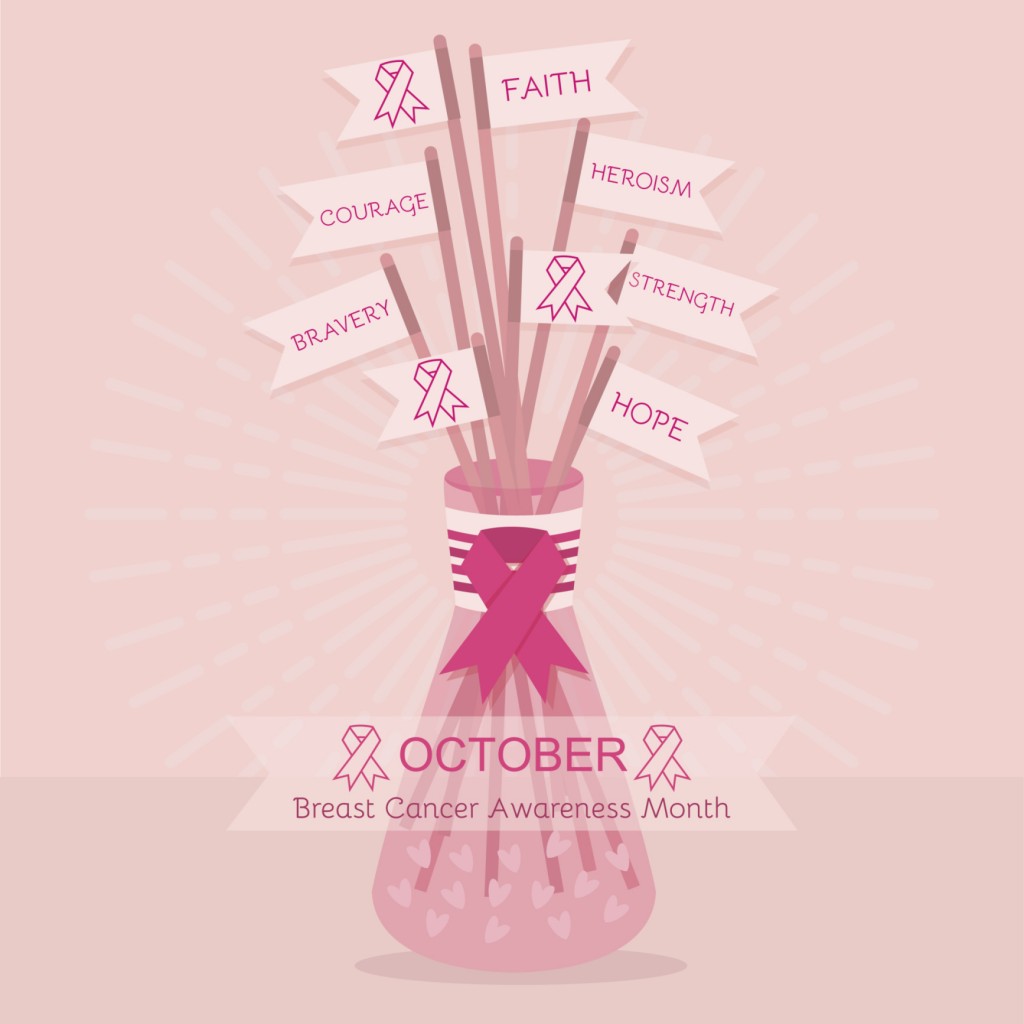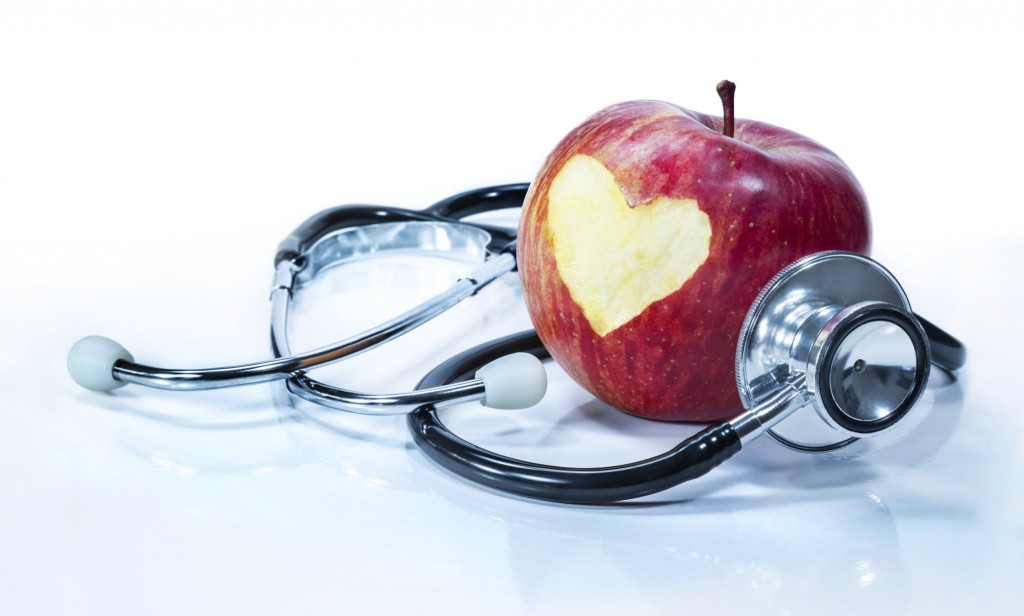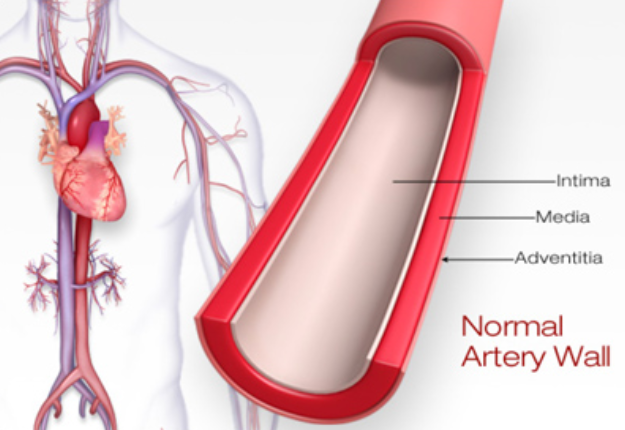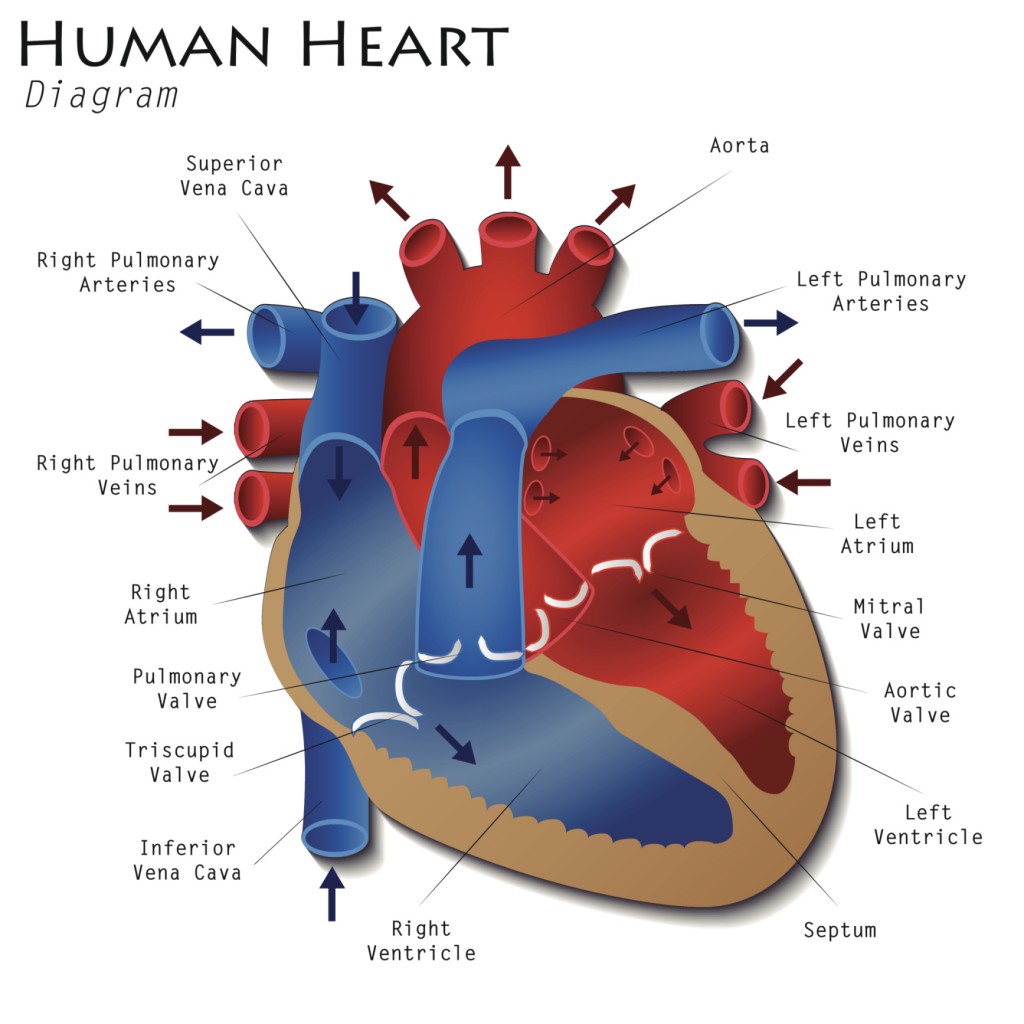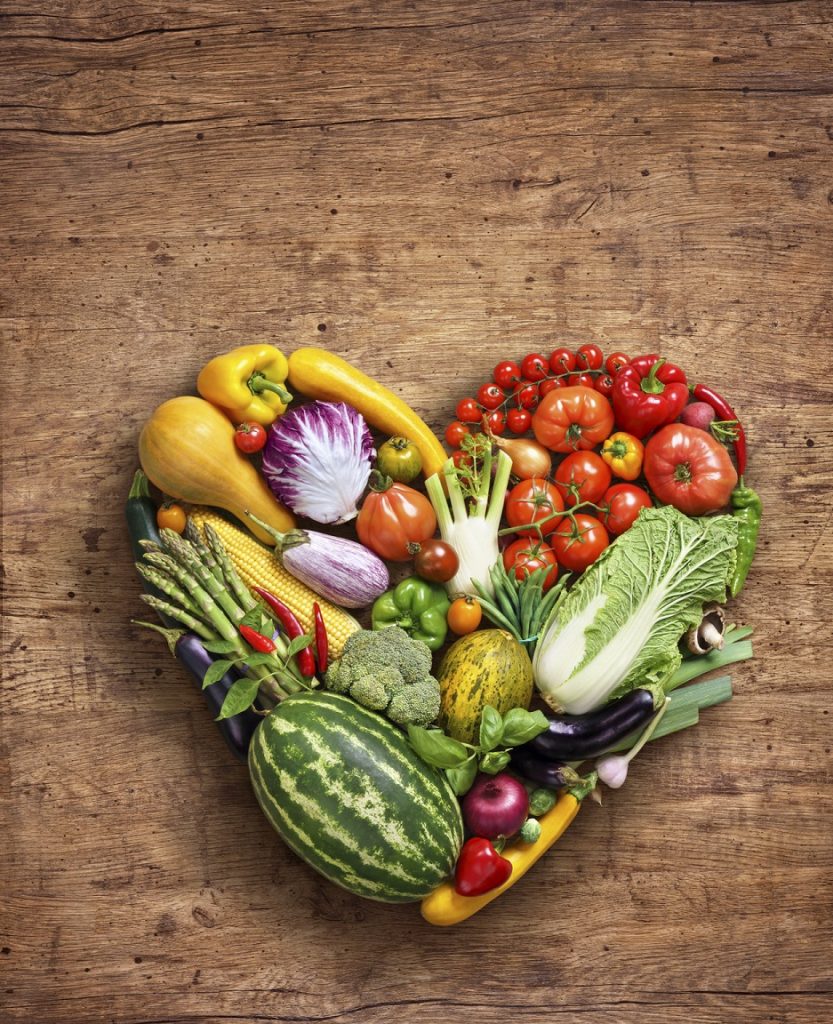
Did you know that heart disease is the #1 killer of women in the United States? And women who have had their ovaries removed are especially at risk. So, what’s a girl to do with these odds stacked against us? Eat yourself healthy by replacing the junk food in your cupboard with these heart-healthy foods, recommended by the American Heart Association!
Whole grains. Whole grains, like brown rice and quinoa, are packed with many nutrients that refined grains are stripped of, like fiber, folate and iron that can lower the risk of heart disease by up to 28 percent.
Leafy greens. Greens such as kale and spinach are great sources of fiber, antioxidants, and other vitamins and minerals that contribute to heart health.
Extra-virgin olive oil. This healthy fat can make a great heart-healthy substitute for butter.
Raw, unsalted almonds and walnuts. These make great snacks, salad additions, and toppings. A ¼ cup a day can boost your protein and lower your cholesterol.
Tomatoes. This veggie is high in antioxidants that protect the heart and is a super easy add-in to any recipe.
Fish. Fish are high in Omega-3s, which are known to benefit the heart, so try to eat fish at least a couple times a week.
Beans and lentils. Versatile and extremely healthy, beans and lentils are a great way to add fiber, protein, and iron to almost any meal.
Grapes. They may be tiny, but grapes are packed with antioxidants, making heart health a little sweeter.
Berries. Filled with fiber and antioxidants, berries make great, heart-healthy desserts any time of day.
Dark chocolate. Eating a small amount of dark chocolate a few days of the week can help lower your blood pressure and improve blood flow.
If you would like more information on heart-healthy foods, contact Dr. Gordon C. Gunn MD at 714-912-2211 or visit www.gordongunnmd.com to schedule an appointment today.
Dr. Gordon Gunn proudly serves Fullerton and all surrounding areas.

